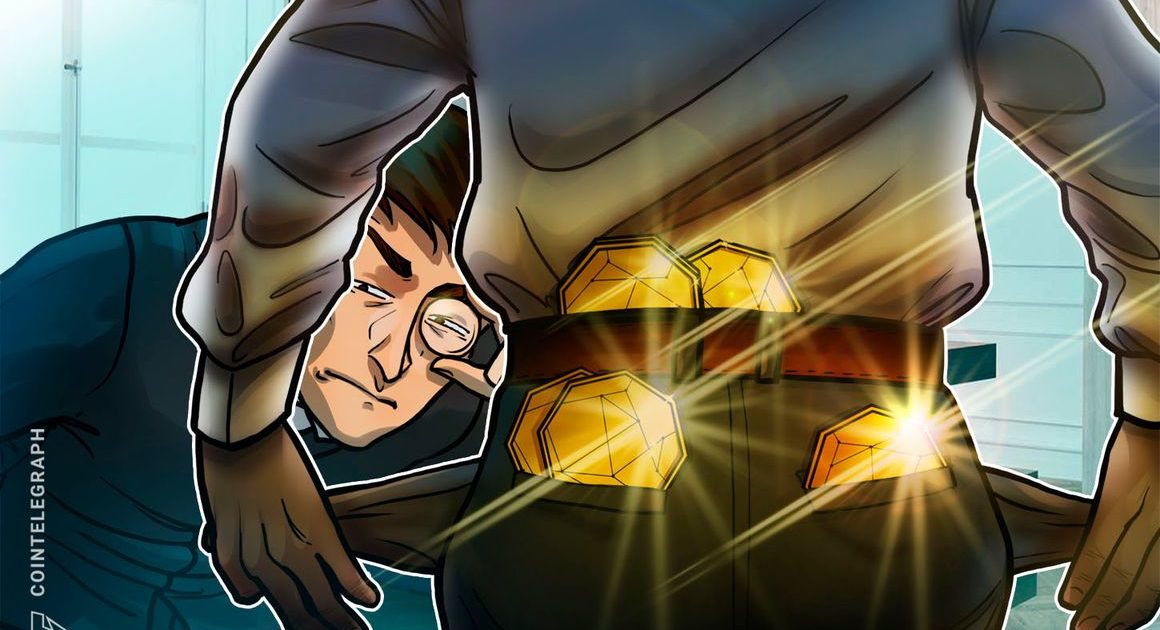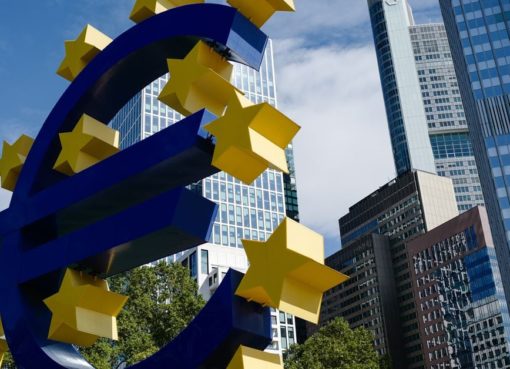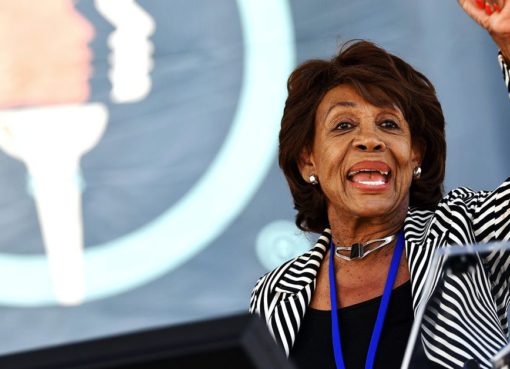The government of Ukraine has recently approached the local cryptocurrency industry with a new request to provide certain financial information.
The National Bank of Ukraine (NBU) had demanded four local crypto firms — Kuna, CoinPay, GEO Pay and Qmall — to provide financial statements for the first two quarters of 2023. The NBU has demanded the crypto businesses to provide the financials within seven days.
Kuna exchange founder and CEO Michael Chobanyan shared the news about the latest NBU’s request on July 3, citing a document distributed by the Ukrainian Telegram news channel “Politics of the country.”
According to the document, the NBU also demanded the crypto businesses to provide data on operating volumes as well as information about reception and transfer of funds. The NBU also requested the Ukrainian crypto firms to issue statements for all accounts from the beginning of 2023.
Kuna CEO Chobanyan subsequently confirmed the news on his own Telegram channel, hinting that the reasons for the latest action from the NBU are unclear.
“There is no such information in Ukraine and has never been,” Chobanyan argued, adding that searches taught him that back in 2015, before the launch of Kuna. He went on to say that that the direction of the “so called” government is clear, adding:
“Over the past two weeks, the first wave of searches in exchanges took place in Kiev and across Ukraine, which were triggered by the actions of the NBU, Ministry of Internal Affairs, and the Security Service of Ukraine. […] There will be more searches and exchanges.”
Chobanyan told Cointelegraph that Kuna exchange left its business-to-customer market in Ukraine in March 2023 due to “predatory actions” by the NBU.
“They are very consistent in killing the potential of my country in crypto and Web3 space,” Chobanyan said, noting that Kuna’s exchange volumes have shrunk 90% over the past few months. Previously, Kuna lost about 60% of its volumes when it had to leave the Russian market after Feb. 24, 2022, the CEO told Cointelegraph.
Related: Republican candidate wants to end President Biden’s supposed ‘war on Bitcoin’ if elected
Despite Ukrainian authorities allegedly getting more hostile to the crypto industry, Chobanyan still sees some benefits in the recent action from the government.
“Now we focus on Europe and especially the b2b market,” he said, adding that Kuna recently launched the crypto acquiring service KunaPay. “I do not know whether it’s related to the fear that we will launch this service in Ukraine or not,” Chobanyan said.
“I am grateful to the NBU for stimulating me being a successful European company rather than a niche Ukrainian player,” he added.
The NBU accepted Cointelegraph’s request for comment but did not immediately respond to it. This article will be updated pending new information.
Magazine: Hall of Flame: Wolf Of All Streets worries about a world where Bitcoin hits $1M




